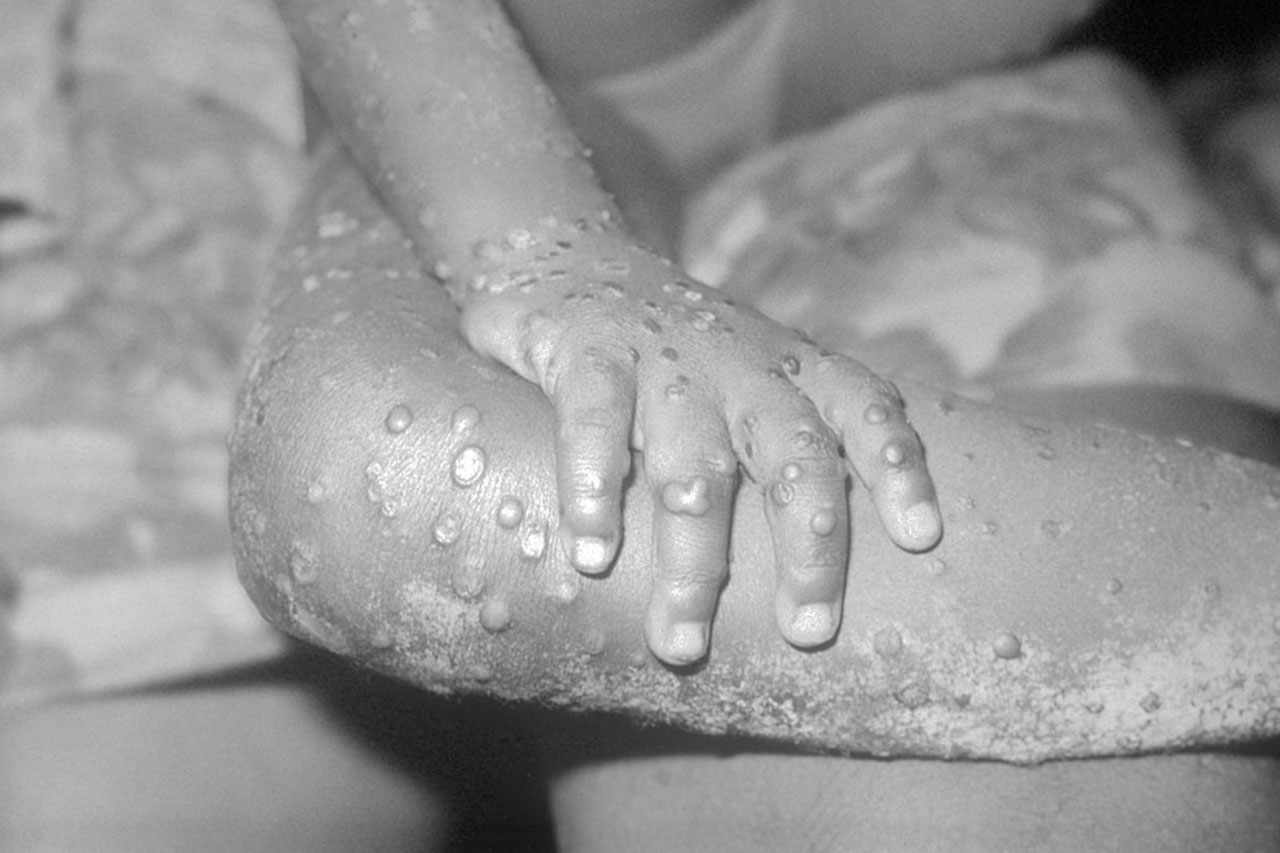On the 8th of May 2018, another Ebola epidemic was declared by the Government of the Democratic Republic of Congo. Since then, around 54 patients have presented symptoms of hemorrhagic fever with 35 confirmed Ebola cases. There have also been 25 deaths with 12 of them being confirmed as being caused by Ebola. The outbreak currently rages on in the city of Mbandaka and the health zones of Bikoro and Iboko.
The History of Ebola in DRC
This marks the ninth outbreak in DRC in the past 40 years, but previous outbreaks were isolated to remote areas. This time, patients have been diagnosed with Ebola in Mbandaka, a Congo River port city which has over a million inhabitants. Such a big city means that there is a higher risk of the virus spreading. Luckily, surveillance is a top priority now compared to past outbreaks, and only four lab-confirmed patients have been identified in Mbandaka.
While there is certainly the potential for a huge outbreak to occur, the epidemic has yet to spread throughout the city. With careful monitoring, it’s possible to isolate the spread of the outbreak and keep it from infecting too many people.
Fear of the Past
These fears harken back to the West African Ebola virus epidemic that lasted from 2013 till 2016. It was the most widespread outbreak of Ebola in history with 28,616 cases and 11,310 confirmed deaths. Around 36 cases and 15 deaths occurred outside of West Africa when it spread to other countries.
However, since then, much progress has been made to help deal with the outbreak and prevent it from spreading to a city inhabited by over a million people.
Africa is Prepared
Authorities are already distributing the experimental Ebola vaccine rVSV-ZEBOV in Mbandaka. When the West African Ebola outbreak occurred, researchers were already in the early stages of developing a possible vaccine but could only test it during the final stages of the outbreak. Between 2015 and 2016, the rVSV-ZEBOV vaccine was used to treat patients in Guinea as part of a vaccination program.
The major difference between now and the past is that Africa is now ready for Ebola. While much more research is needed to cover all five known Ebola virus species, the rVSV-ZEBOV vaccine targets the Zaire group of strains. The vaccine can be given not just to the people of Africa, but also to health care workers who are at risk of spreading the virus.
With a vaccine ready in the early stage of the outbreak, we will hopefully see fewer deaths that have been caused by Ebola. Unfortunately, a cure is still in development and while there are experimental drugs available, there are no licensed antiviral medicines that can be used against it. This is why Africa is now taking a pre-emptive approach in order to tackle the threat of Ebola.
To conclude, Africa is currently going through another Ebola epidemic that has many people worried. Thankfully, the continent is more prepared than ever to tackle the threat. However, researchers will still need to be vigilant, as every outbreak teaches new lessons that have to be remembered to make the future safer.





